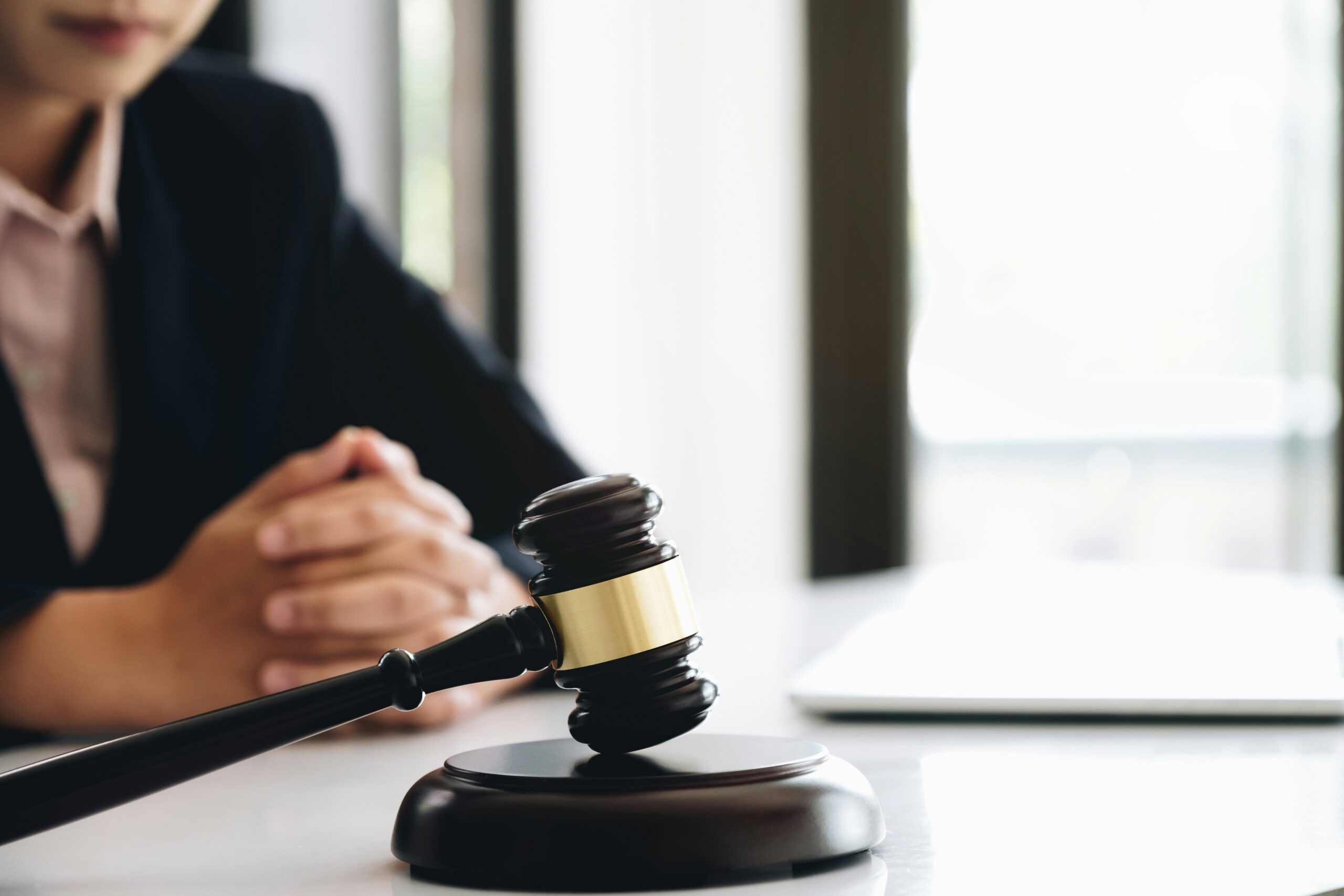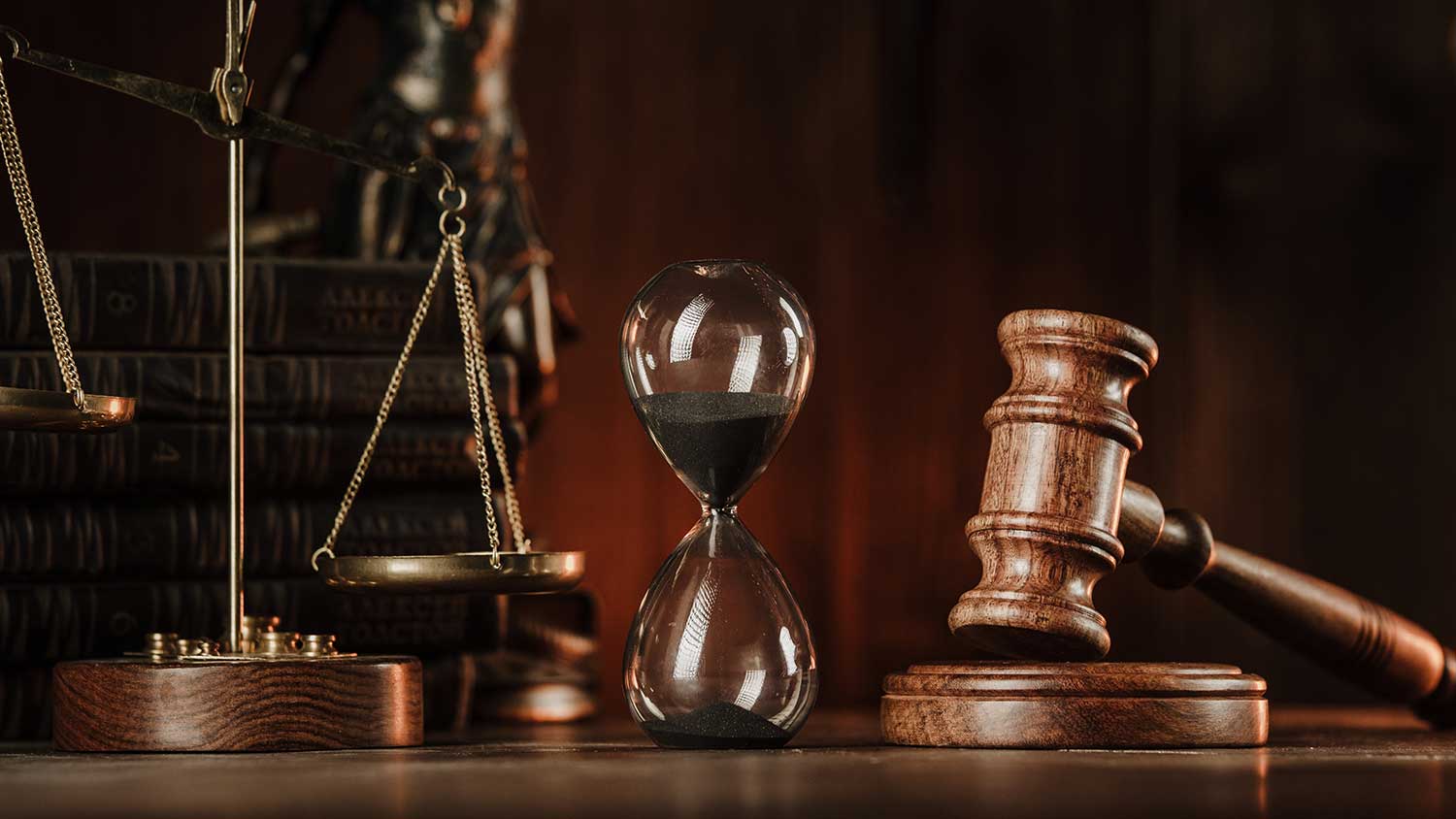Contents
- FEATURE ARTICLE: The Implications of Long COVID for Legal Practice
- NEW AUTHORITY: Judges in Church
- ETHICS & MALPRACTICE RESEARCH TIP: New Articles from The Current Index of Legal Periodicals
- BLAST FROM THE PAST: Excerpt from “Attorney and Client” in James Payn’s “Bred in the Bone” (1870)
EDITED BY: Professor Mike Hoeflich
PUBLISHED BY: Joseph, Hollander & Craft LLC
December 30, 2022
FEATURE ARTICLE
The Implications of Long COVID for Legal Practice
COVID-19 is the gift that keeps on giving. Physicians and epidemiologists have increasingly come to realize that a significant number of patients who survive COVID show persistent symptoms after the initial infection is over. This new illness has come to be called “post-COVID” or “long COVID.” And those who experience it find their ability to continue working reduced or even eliminated.
Unfortunately, the symptoms of long COVID may be quite debilitating. According to the CDC, these symptoms include:
General symptoms (Not a Comprehensive List)
- Tiredness or fatigue that interferes with daily life
- Symptoms that get worse after physical or mental effort (also known as “post-exertional malaise”)
- Fever
Respiratory and heart symptoms
- Difficulty breathing or shortness of breath
- Cough
- Chest pain
- Fast-beating or pounding heart (also known as heart palpitations)
Neurological symptoms
- Difficulty thinking or concentrating (sometimes referred to as “brain fog”)
- Headache
- Sleep problems
- Dizziness when you stand up (lightheadedness)
- Pins-and-needles feelings
- Change in smell or taste
- Depression or anxiety
Digestive symptoms
- Diarrhea
- Stomach pain
Other symptoms
- Joint or muscle pain
- Rash
- Changes in menstrual cycles
Some of these symptoms can be life changing.
NEW AUTHORITY
Judges in Church
In July 2022, the Maryland Judicial Ethics Committee issued an extremely interesting opinion. A Maryland judge’s church had asked the judge to give a “historical presentation” on the United States Supreme Court decision in Dobbs v. Jackson Women’s Health Organization, the case in which the Supreme Court overruled Roe v. Wade. The judge who received the invitation asked the Judicial Ethics Committee whether he could ethically do so. In Judicial Ethics Opinion 2022-24, the Commission answered.
The Maryland Judicial Ethics Committee cited four Maryland Judicial Ethics rules as a basis for its opinion.
Rule 18-101.2(a) requires that “[a] judge shall act at all times in a manner that promotes public confidence in the independence, integrity, and impartiality of the judiciary.”
Rule 18-103.1 provides that a judge may engage in extrajudicial activities provided that such participation shall not interfere with performance of the judge’s duties; lead to frequent disqualification of the judge; appear to undermine the judge’s independence, impartiality, or integrity; appear to be coercive; or make inappropriate use of court resources.
Rule 18-103.7 provides that a judge may participate in activities “sponsored by or on behalf of educational, religious, charitable, fraternal, or civic organizations not conducted for profit.”
Rule 18-102.10. Judicial Statements on Pending and Impending Cases provides.
ETHICS & MALPRACTICE RESEARCH TIP
New Articles from The Current Index of Legal Periodicals
- Timothy S. Hall, “We Don’t Talk about Bruno:” Of Mental Health, Honesty and Openness, and the Legal Profession, 60 U. Louisville L. Rev. 423 (2022).
As we have discussed many times, mental health may affect a lawyer’s ability to represent his clients with the competence required by Rule 1.1. The difficulty of getting lawyers to admit that they have a problem is also an impediment to getting the lawyer help and protecting his clients.
- Christina Morris, The Corrective Value of Prosecutorial Discretion: Reducing Racial Bias through Screening, Compassion, and Education, 31 B.U. Pub. Int. L.J. 275 (2022).
Racial bias in the American criminal justice process is one of our most serious and justifiably discussed problems.
- Haxhi Xhemajli, The Role of Ethics and Morality in Law: Similarities and Differences, 48 Ohio N.U. L. Rev. 81 (2021).
Comprehending the differences between ethics and morality and their varied implications for professional responsibility is a vexing challenge that continues to keep lawyers, judges, and law professors awake at night.
BLAST FROM THE PAST
Excerpt from “Attorney and Client” in James Payn’s “Bred in the Bone” (1870)
The following paragraph appeared in Harper’s Weekly on October 29, 1870, as part of “Bred in the Bone,” a story by the popular author, James Payn. At the time of publication, Harper’s was the preeminent serial publication in the United States, packed with stories, illustrations, and new articles. The chapter in which the paragraph appears is titled, “Attorney and Client,” and features a lawyer and client having a discussion. During the discussion, the lawyer exclaims:
“Hush, hush! my dear Sir; this will never do. It is mere waste of time, though it might have been much worse. Good Heavens! Suppose you had been guilty, and told me that! You would have placed me in the most embarrassing situation, as your professional adviser, it is possible for the human mind to conceive. What I want to know is your story, so far as these two thousand pounds found in your possession are concerned. Whether it is true or not does not matter a button. I want to know whether it seems true; whether it will seem true to a judge and jury. You have thought the matter over, of course; you have gone through it in your own mind from beginning to end — now please go over it to me.”
The question for today’s lawyer is: What, if anything, is wrong with this conversation? Feel free to email your answer to Mike Hoeflich.
May all our readers have a wonderful and joyous 2023!
About LEMR
The Legal Ethics & Malpractice Reporter (LEMR) is a monthly publication covering current developments in ethics and malpractice law. This popular, free publication, with close to 8,000 current subscribers, was envisioned by KU Law professor Mike Hoeflich, who serves as the publication’s editor in chief. In partnership with Professor Hoeflich, JHC’s legal ethics and malpractice group is pleased to publish this monthly online periodical to help attorneys better understand the evolving landscape of legal ethics, professional responsibility, and malpractice.
Get LEMR delivered to your inbox!
Make sure you don’t miss an issue of the Legal Ethics & Malpractice Reporter. Subscribe to our email list below to get a notification and digest of each edition as it is released.
About Joseph, Hollander & Craft LLC
Joseph, Hollander & Craft is a premier law firm representing criminal, civil and family law clients throughout Kansas and Missouri. When your business, your freedom, your property, or your career is at stake, you want the attorney standing beside you to be skilled, prepared, and relentless. From our offices in Kansas City, Lawrence, Overland Park, Topeka and Wichita, our team of 20+ attorneys has you covered. We defend against life-changing criminal prosecutions. We protect children and property in divorce cases. We pursue relief for victims of trucking collisions and those who have suffered traumatic brain injuries due to the negligence of others. We fight allegations of professional misconduct against doctors, nurses, judges, attorneys, accountants, real estate agents and others. And we represent healthcare professionals and hospitals in civil litigation.












